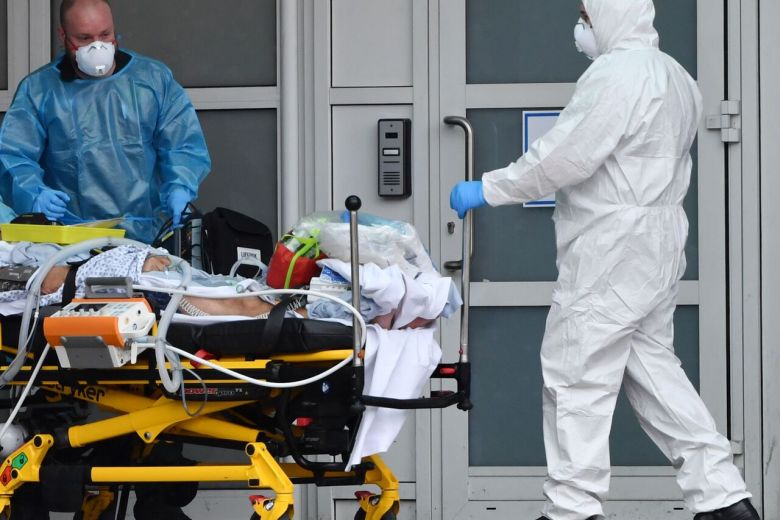Alwaght- Briton's confidence in the government’s ability to handle the coronavirus crisis has fallen sharply, with less than half of people having faith in decisions made by ministers, according to the latest Opinium poll for the Observer.
A particularly low proportion of people (15%) believe the government is handling the key issue of testing well (down from 22% two weeks ago). Some 57% disapprove of the way testing has been handled, up from 48% on 7 April.
Just 7% of people think the level of testing for Covid-19 has been sufficient, while 71% think it has been insufficient – a finding barely changed since two weeks ago, despite the government’s huge efforts to “ramp up” the number of tests to 100,000 a day by the end of this month.
With more doubts raised over the past week about ministers’ handling of the crisis, particularly in the early stages when other countries were introducing contact tracing and lockdowns while the UK adopted other approaches, those leading the government’s drive to contain the virus – Dominic Raab, the foreign secretary, and Matt Hancock, health secretary – have both seen falls in public trust.
While people are increasingly critical of the handling of individual policy areas such as testing, however, a majority still say they “approve” of the way the crisis is being handled, suggesting that they want the government to succeed, and realise that the answers are far from easy to find. Opinium believes there is also a “rally round the flag factor” at play, and the government’s reputation benefits from being shielded from the normal hostile political attacks of opponents.
However, even when people were asked in the second half of last week whether they “approved” of the government’s handling of Covid-19, the proportion who said they did had fallen – from 57% the previous week to 51% – and the proportion that disapproved had risen from 26% to 30%.
When asked whether they thought the UK had reacted better or worse than other countries, people tended to cite Germany, Australia and South Korea as countries that had performed better than the UK, and the United States as the key example of a country that had done worse.
With pressure mounting for ministers to announce plans to ease the lockdown, people believe that offices, essential shops and schools should be allowed to reopen first, provided that the proper safeguards have been put in place. Pubs, stadiums, cinemas and nightclubs are seen as the lowest priorities.



























